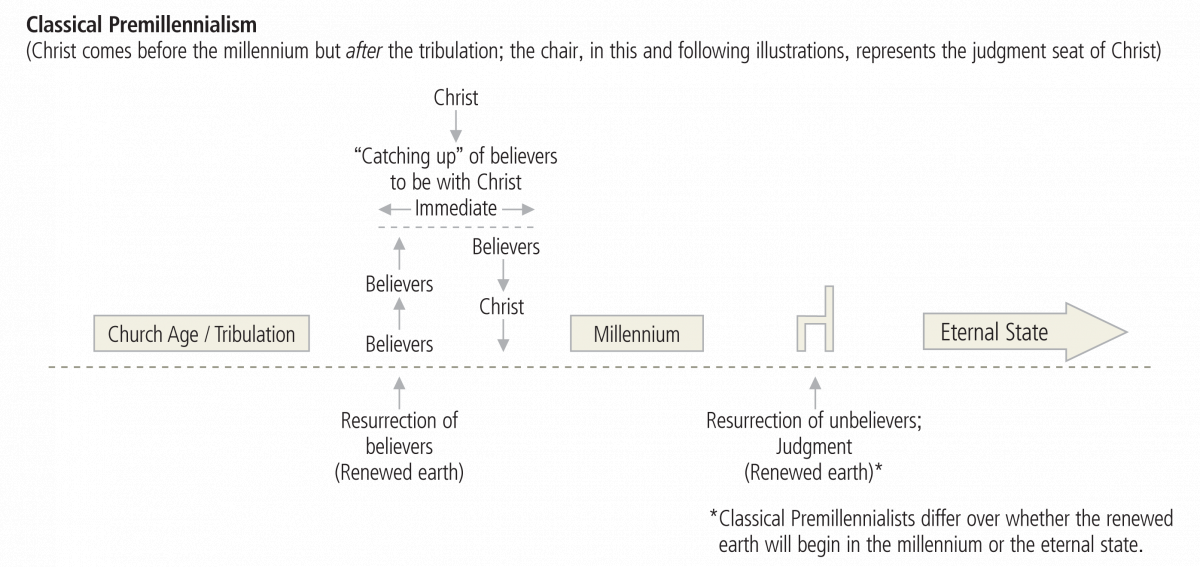The Virgin Birth
One doctrine that is essential to orthodox Christianity that was confessed (Apostles’ Creed, Nicene Creed) from the earliest days along with the divinity and humanity of the Lord Christ is His virgin birth. The virgin birth teaches that the mother of Jesus, Mary, was a virgin when she conceived the Lord Jesus in her womb. She did not have any intercourse with any man prior to giving birth to the Lord Jesus. The doctrine is important to the truthfulness of the Scriptures and to the sinless humanity of Christ. This doctrine is obviously difficult to the natural mind as anyone would admit. Just because we, as Christians and Bible-believers, accept this doctrine doesn’t mean we find it normal or ordinary. We believe that it was supernatural and a miracle, that’s why it happened only once in history. The God Who created all existence is able to create life without intercourse between a male and a female. That Mary was a virgin before giving birth to Christ is obvious to the one who can read the Bible. It’s not a point of controversy to those who accept the work of God within history. Those who have a problem with the virgin birth are they who have a problem with the involvement of God in history. It was not something natural, rather supernatural, wrought by the Spirit of God.
Luke 1:34-35, 37 And Mary said to the angel, “How will this be, since I am a virgin?” 35 And the angel answered her, “The Holy Spirit will come upon you, and the power of the Most High will overshadow you; therefore the child to be born will be called holy— the Son of God...37 For nothing will be impossible with God.”
The angel tells Mary of the great promises about the Messiah. That He will be the Son of the Most High and the Son of David. But obviously, Mary wasn’t born yesterday. She knew for a birth to occur there needs to be sexual intercourse between a male and a female. That’s why she questions the angel’s proclamation that she would bear a son. She objects that this is impossible because she has not sexually known any man and obviously to have a son you need sex. Literally, the text says “`How shall this be, seeing a husband I do not know?’” This knowing refers to sexual intimacy as in Genesis 4:1, for example. The birth of this child shall be supernatural. It shall come to pass by the work of the Holy Spirit. The Holy Spirit, God the Spirit, the third Person of the Blessed Trinity will do a work within Mary in order that which is unnatural shall happen to her and in her. Barnes notes that “This evidently means that the body of Jesus would be created by the direct power of God. It was not by ordinary generation; but, as the Messiah came to redeem sinners - to make atonement for “others,” and not for himself it was necessary that his human nature should be pure, and free from the corruption of the fall. God therefore prepared him a body by direct creation that should be pure and holy.”[2]
The...










